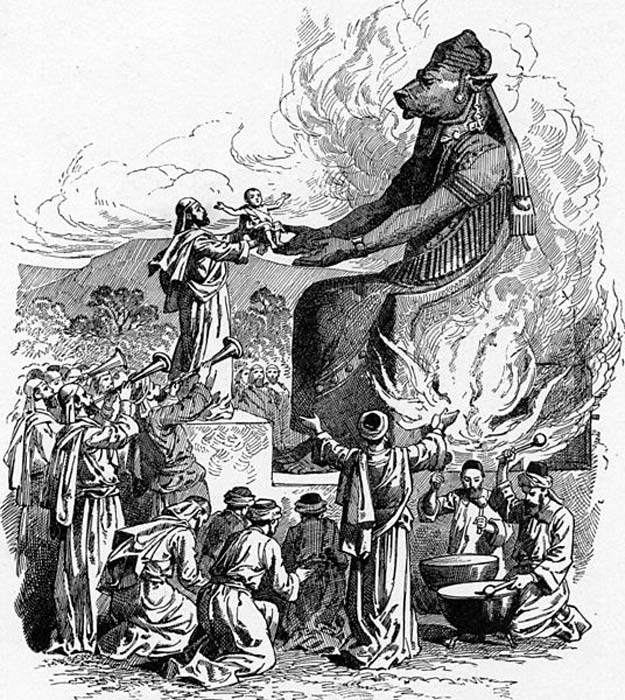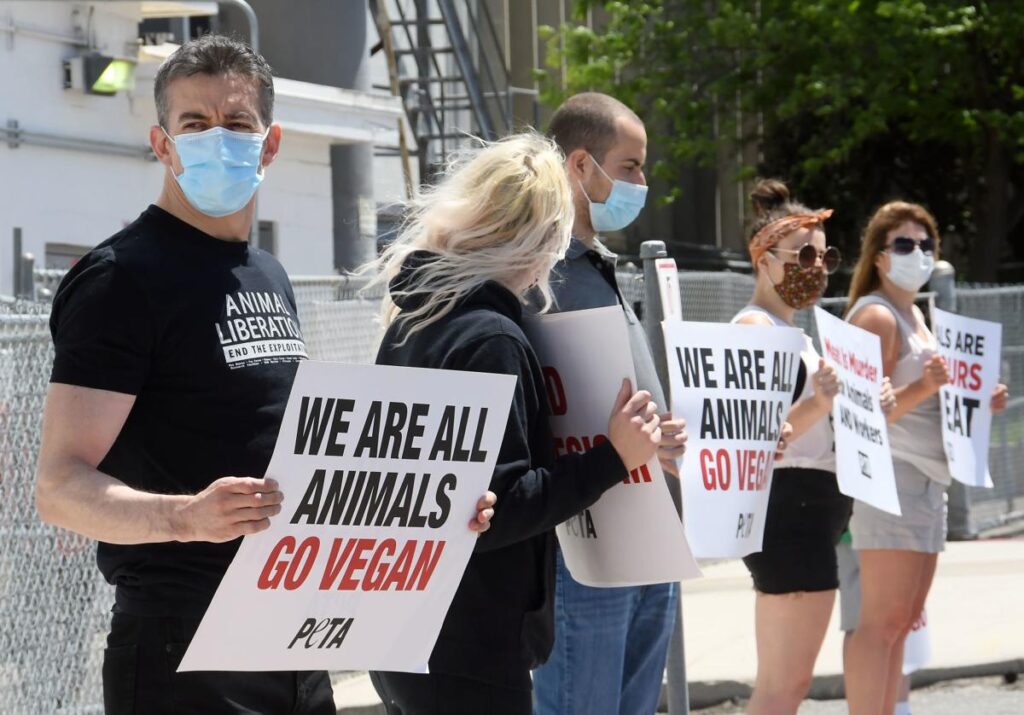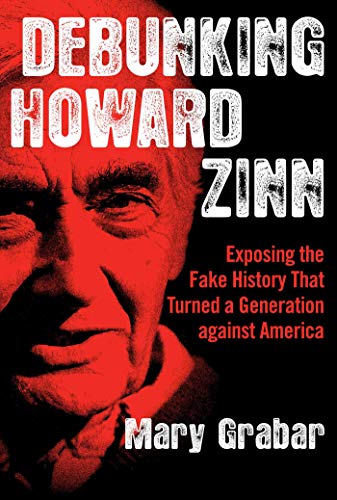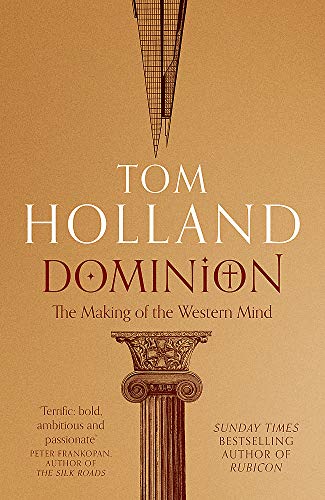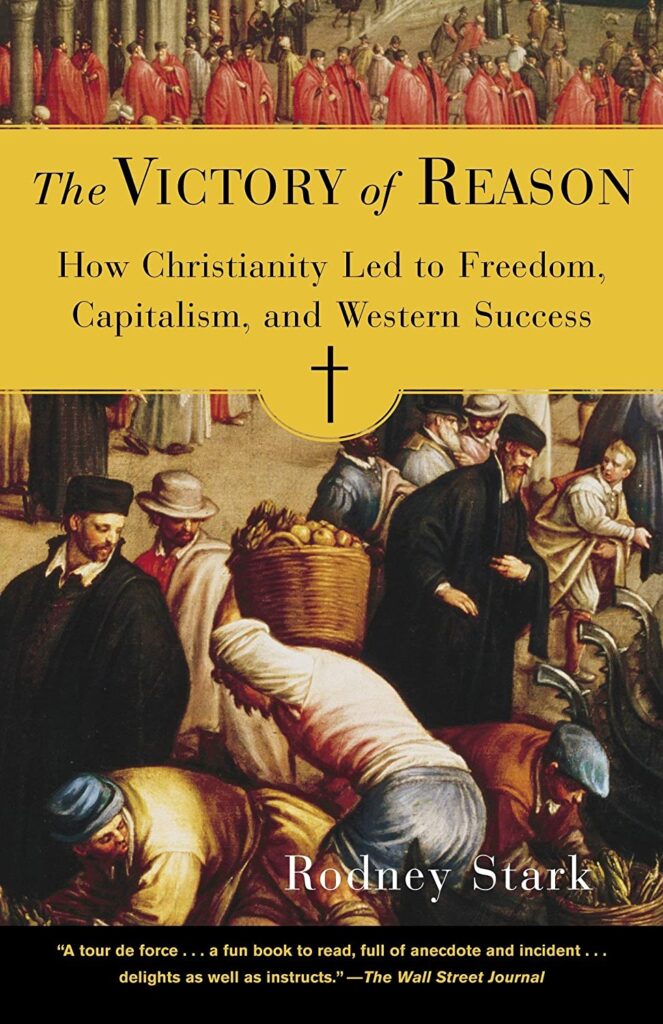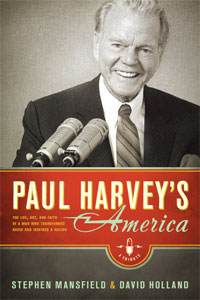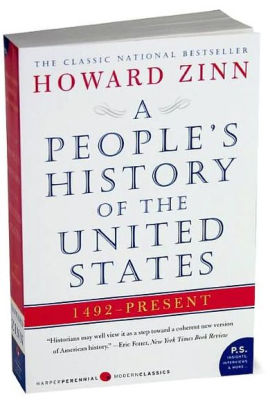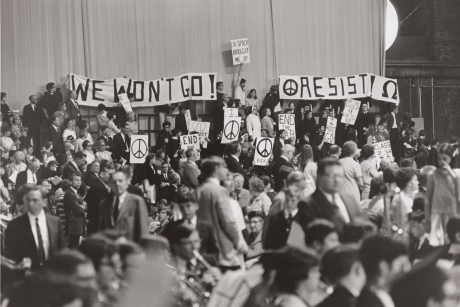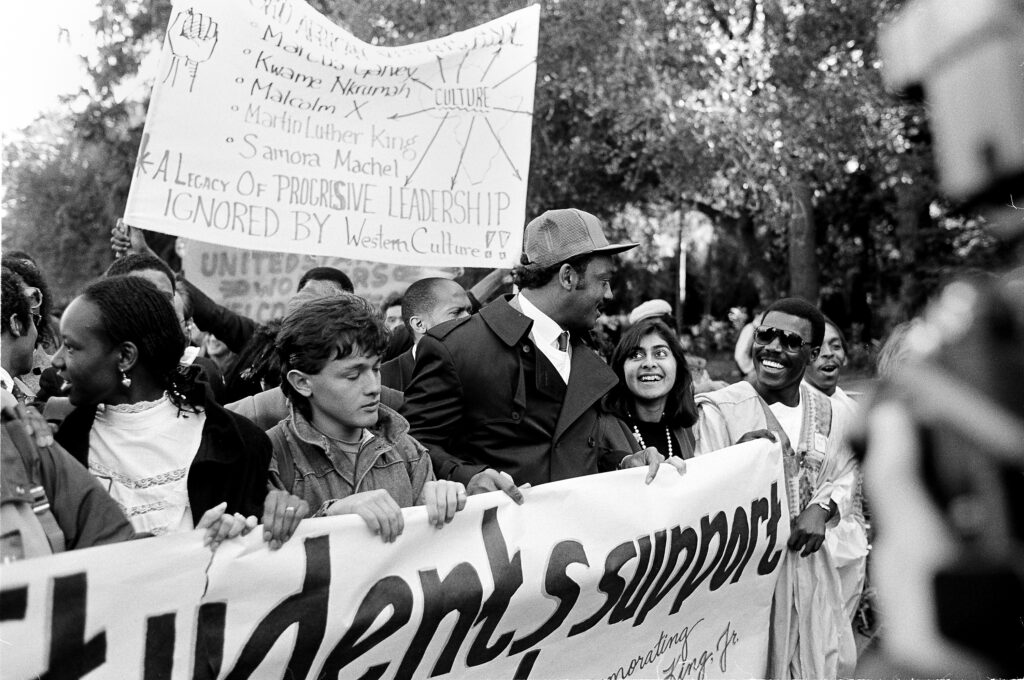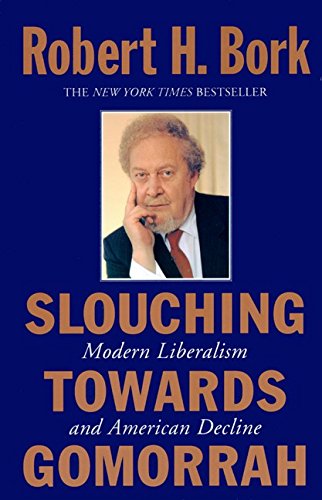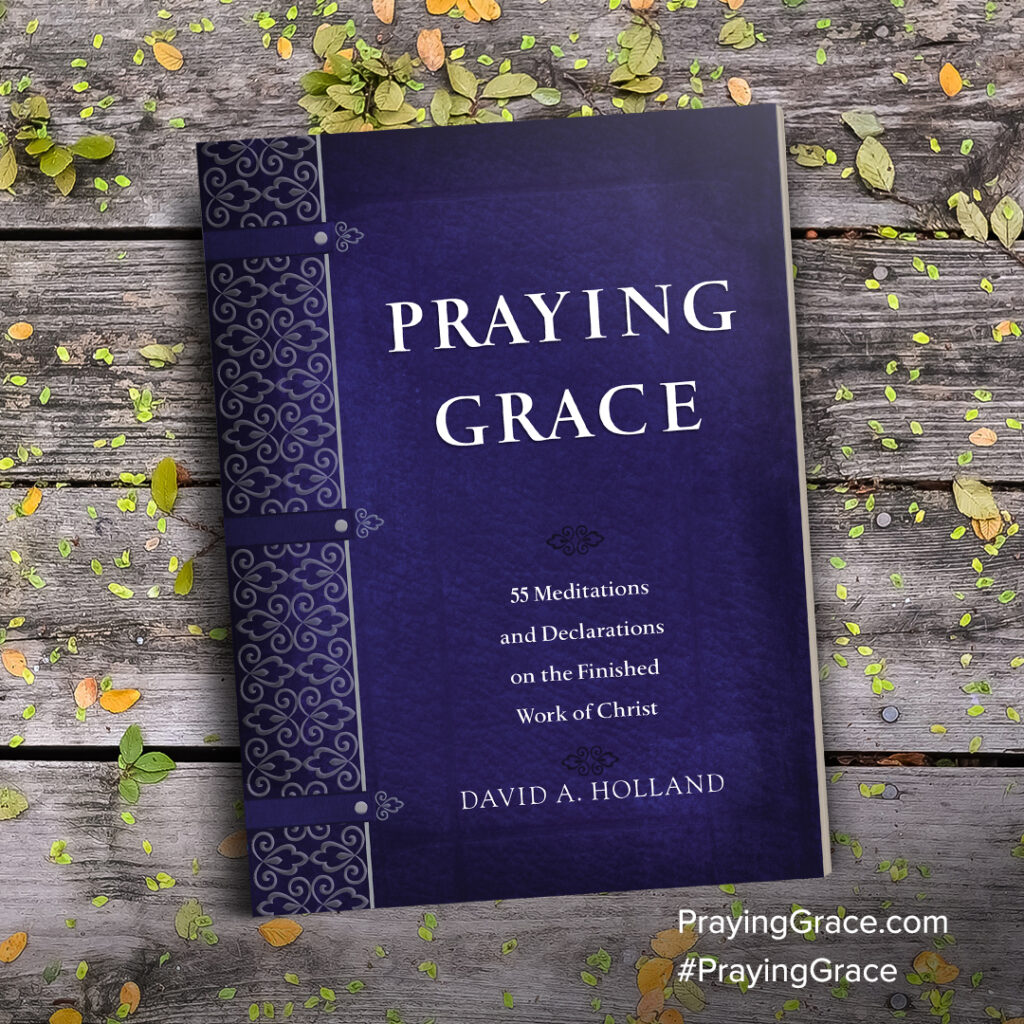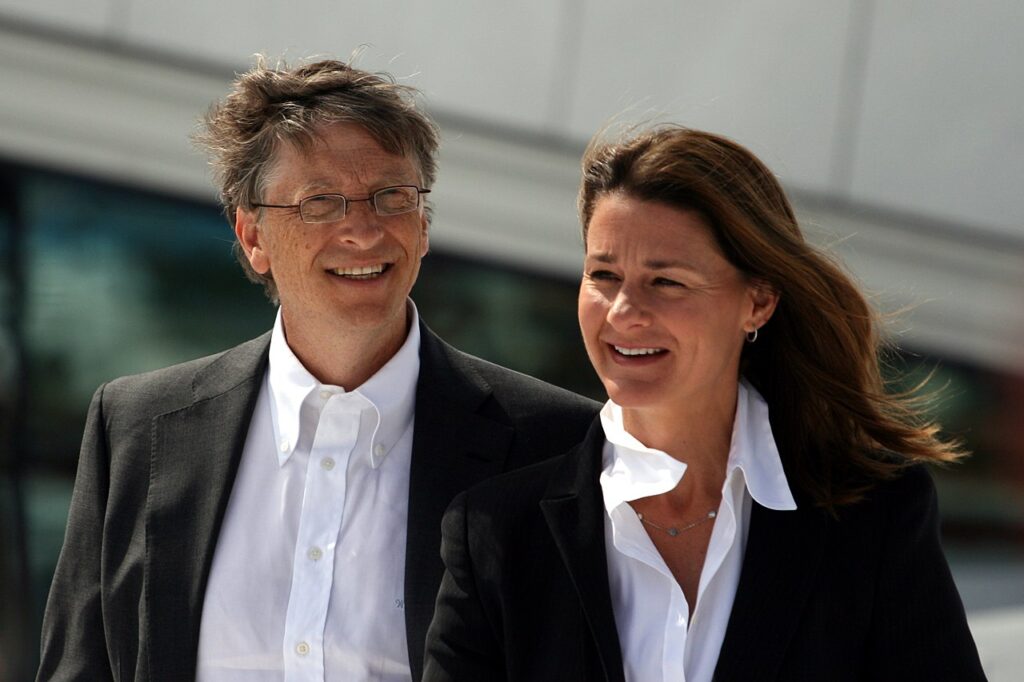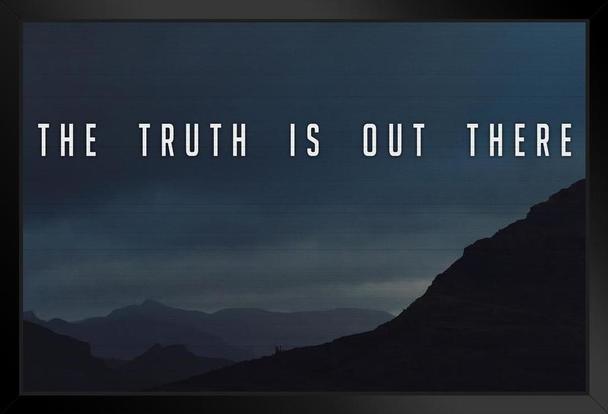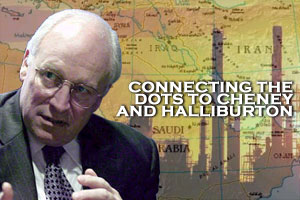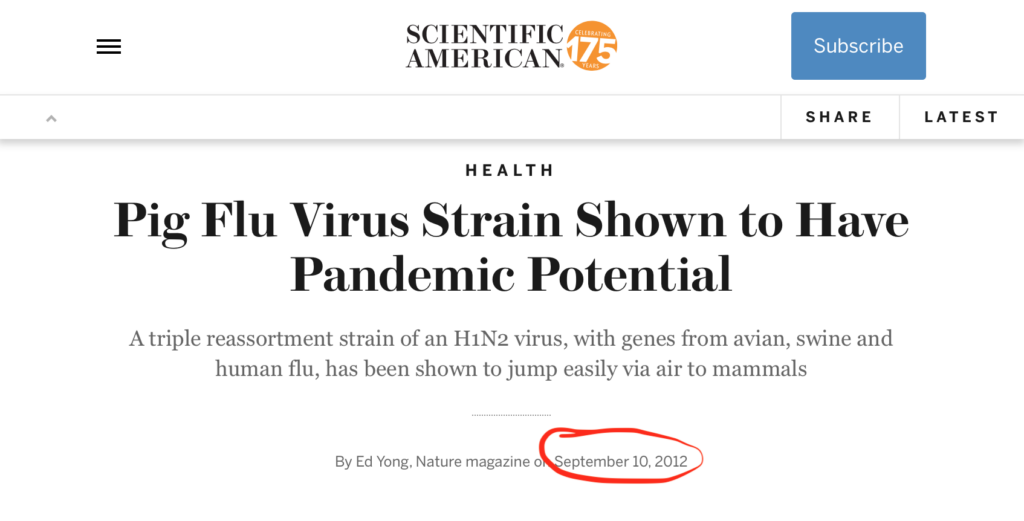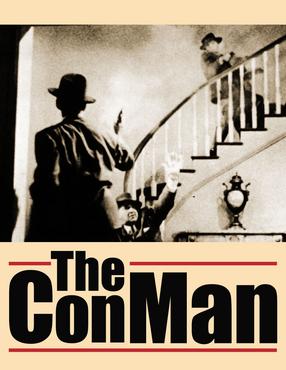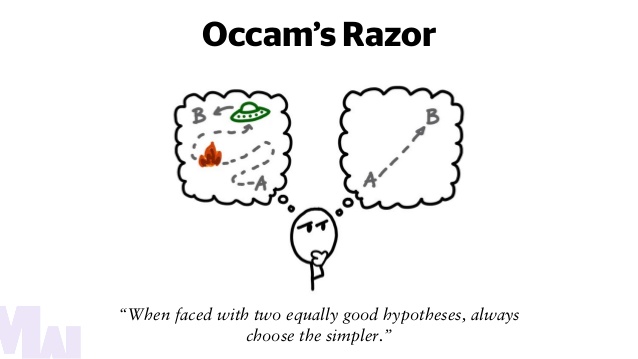Since posting the essay below, I’ve stumbled across two additional videos out of China/Asia relevant to the subject of how different cultures with different spiritual foundations place starkly different levels of value on human life.
One, which I will not share, is of a newborn girl in China being killed. Because she is a girl.
The second one, has a far more hopeful outcome. It is a newborn girl, somewhere in either Laos or Vietnam. She was buried alive by her family moments after she was born. But neighbors (Christian?) quickly dug her up and rescued her. The video begins just moments after she was rescued.
She’s beautiful and seems okay. Please pray for her to find a loving home. Perhaps an adoptive home in a Western nation still enjoying the extraordinary benefits of the legacy effects of Christianity’s influence.


